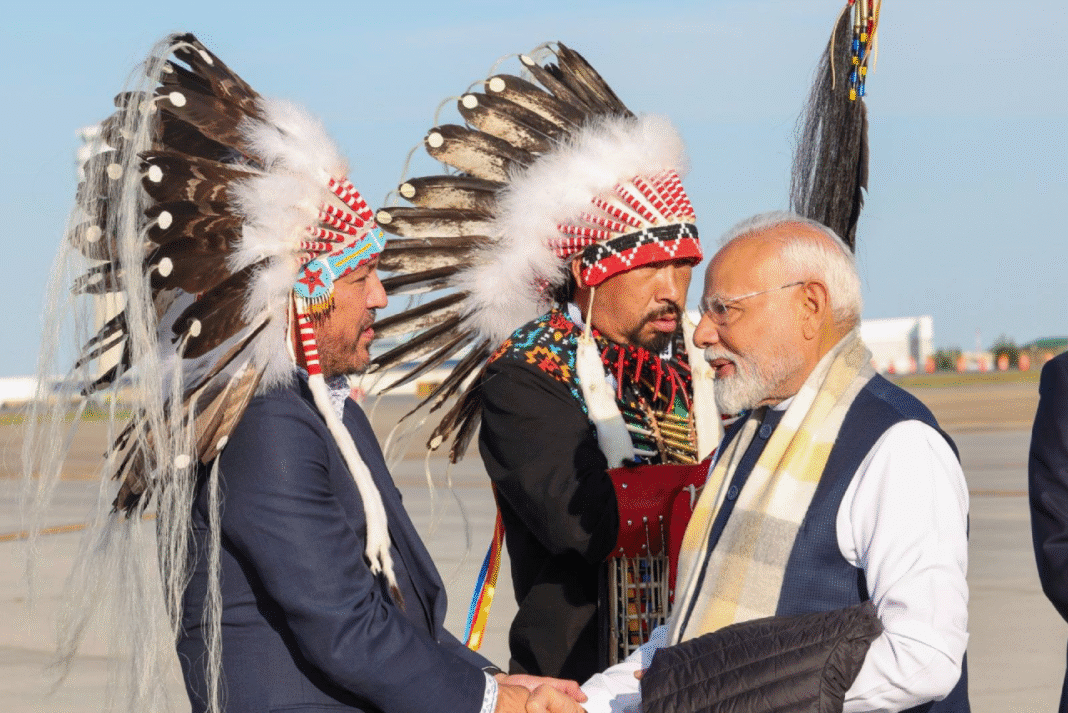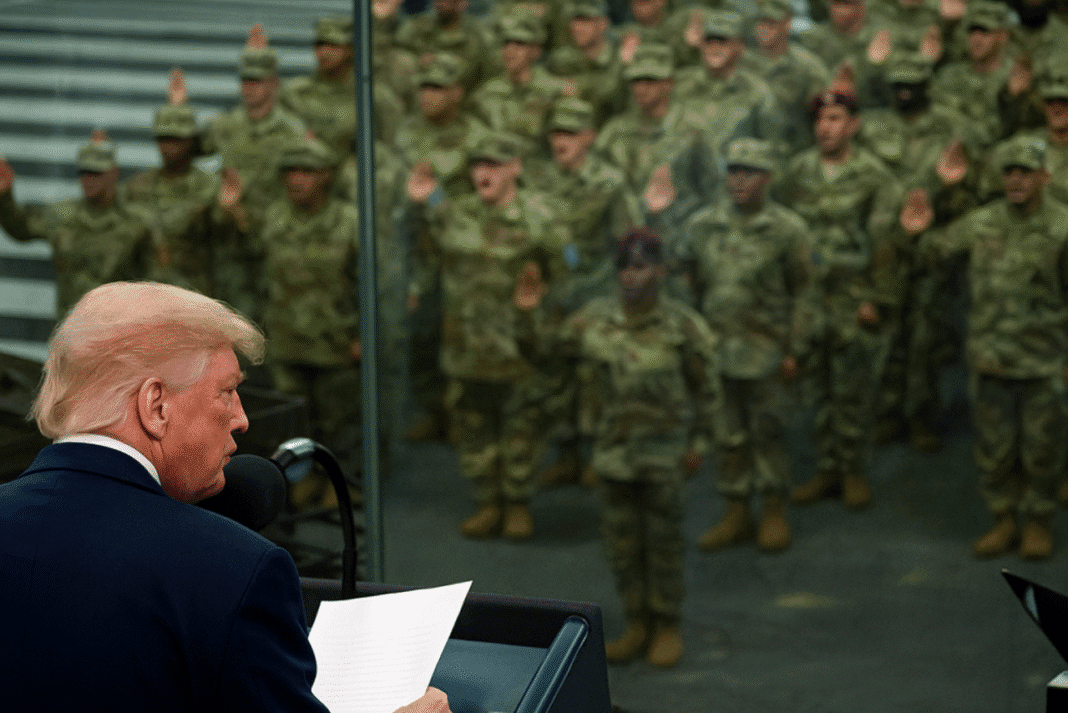In a rapidly intensifying crisis that threatens to upend diplomatic efforts in the Middle East, Israeli airstrikes late Thursday reportedly targeted three critical nuclear facilities in Iran. The move has sparked widespread international alarm, with United Nations Secretary-General António Guterres calling for “maximum restraint” from all sides.
The situation escalated just days before the USA and Iran were scheduled to restart negotiations regarding Iran’s nuclear program in Oman. These talks, aimed at de-escalating tensions and reviving elements of the abandoned 2015 nuclear deal, are now in jeopardy.
UN Urges Caution Amid Worsening Tensions
A formal statement issued by Deputy Spokesperson Farhan Haq on behalf of the Secretary-General expressed “deep concern,” particularly about the timing and nature of the attacks.
“The Secretary-General is particularly concerned by Israeli strikes on nuclear installations in Iran while diplomatic discussions are ongoing,” the statement said.
The remarks highlight fears that any further escalation could derail already fragile talks and destabilize an already volatile region.
IAEA Confirms Damage to Natanz Facility
On Friday, International Atomic Energy Agency (IAEA) Director-General Rafael Grossi confirmed that Iran’s Natanz uranium enrichment plant had been “impacted” by the strikes. Though radiation levels reportedly remain not altered, Grossi emphasized that nuclear infrastructure must remain off-limits in any conflict.
“I have repeatedly stated that nuclear facilities must never be targeted in any circumstances,” he said in a press briefing.
“Such actions threaten not just regional peace but global nuclear security standards.”
Iranian officials claimed that other major installations—such as those in Esfahan and Fordow—were not damaged, though tensions remain high amid fears of further strikes.
Casualties intensify as Iran Signals Retaliation
In a development that could inflame tensions even further, Iranian state media reported the deaths of multiple key figures. Among them was Hossein Salami, head of the elite Revolutionary Guards, along with several other nuclear scientists. While these reports have not yet been independently verified, they have fueled outrage within Iran’s political and military establishment.
In response, Iranian military forces reportedly launched over 100 drones toward Israeli territory in the early morning hours of Friday. Israel’s air defense systems were on high alert, and schools across the country were ordered closed as a precaution.
Global Reaction: Fear of Regional Conflagration
The series of strikes has triggered urgent meetings in global capitals. European Union leaders, the United States, and Gulf nations have called for calm, warning that the window for peaceful resolution is quickly narrowing.
Many analysts believe that any miscalculation at this stage could ignite a much broader conflict, potentially drawing in regional and global powers. The United Nations, while limited in its ability to prevent such military actions, continues to act as a diplomatic pressure point in pushing for restraint and dialogue.
Diplomatic Fallout: Future of US-Iran Talks in Doubt
The airstrikes cast a long shadow over the upcoming nuclear talks in Oman, which were already seen as fragile. With Iran now under direct military pressure, it is unclear whether the regime will still engage meaningfully—or at all—in diplomatic discussions with the United States.
Observers also point to internal pressure within Iran. The deaths of high-profile figures and damage to a key enrichment site could harden the stance of hardliners and reduce the political space for compromise.
What’s Next? A Tense Path Ahead
As the situation unfolds, all eyes are on the next moves by Tehran and Tel Aviv. While both countries claim the right to self-defense, global powers have warned that unchecked escalation could quickly spiral into full-scale conflict.
The UN Secretary-General’s office has reiterated that dialogue and diplomacy remain the only sustainable solution. Whether the message is heeded, however, remains uncertain.




